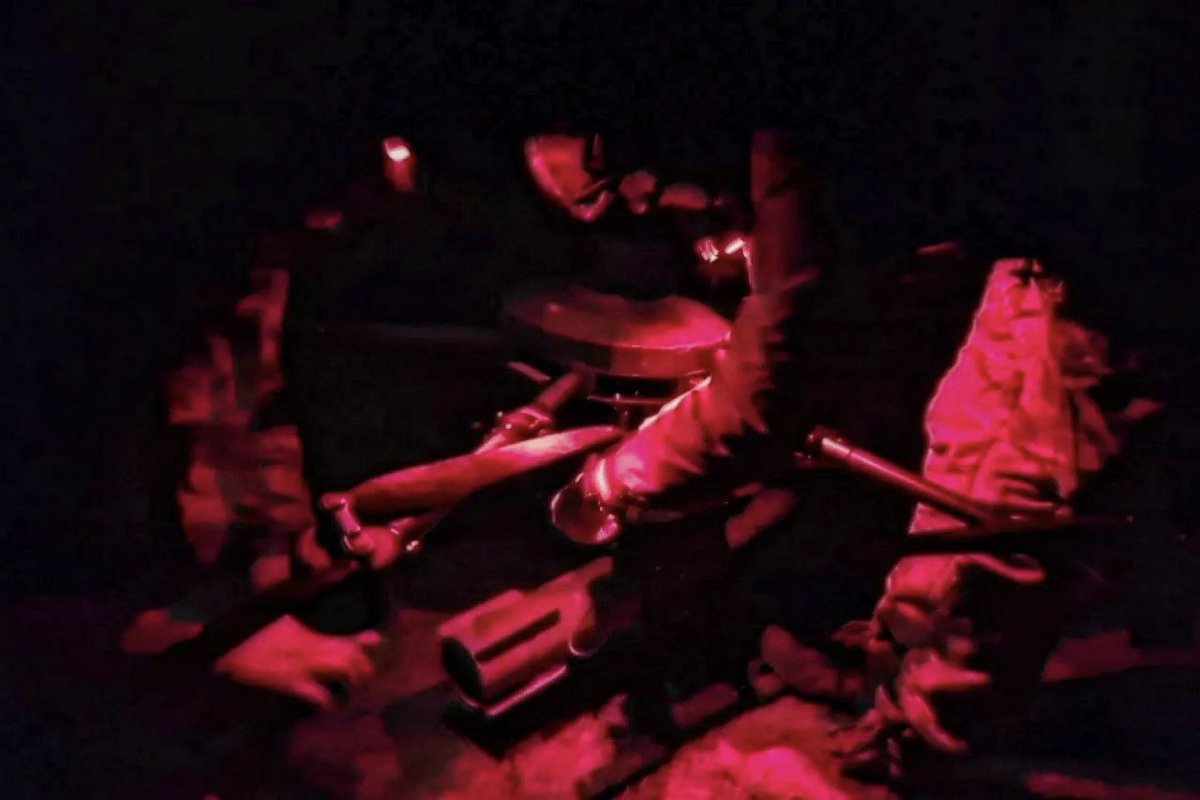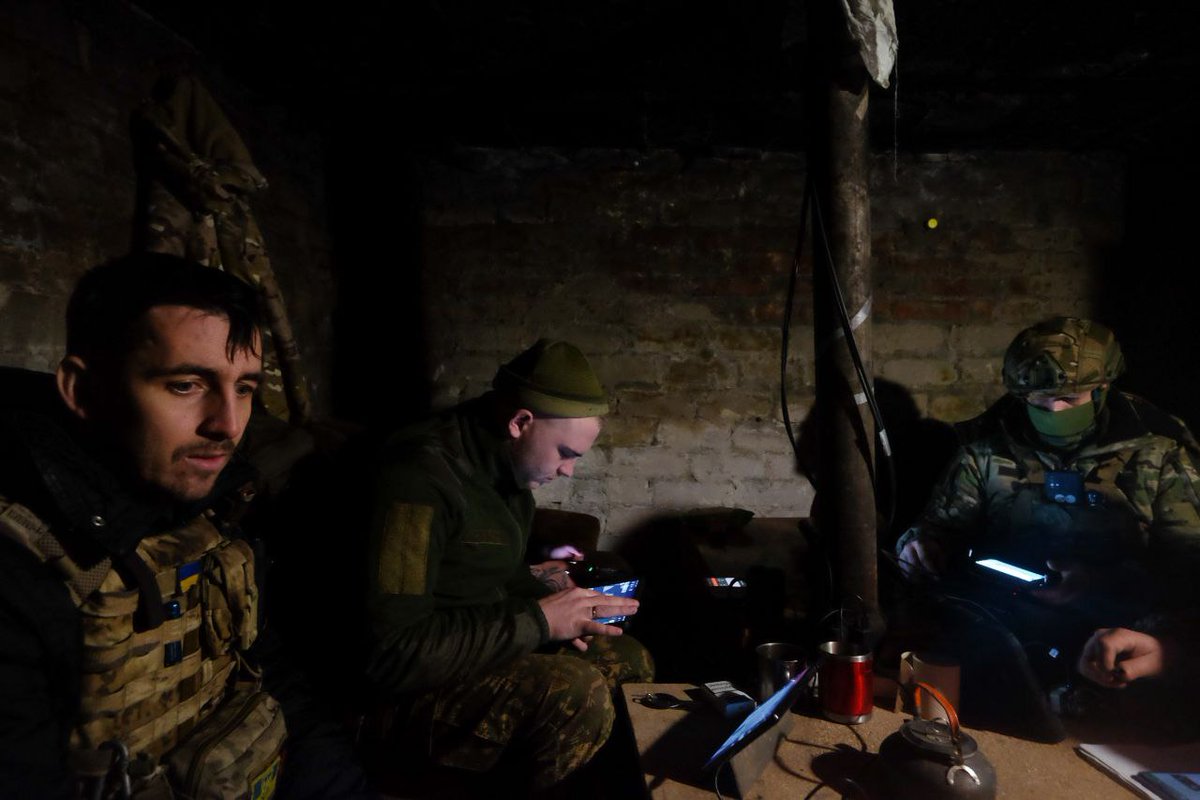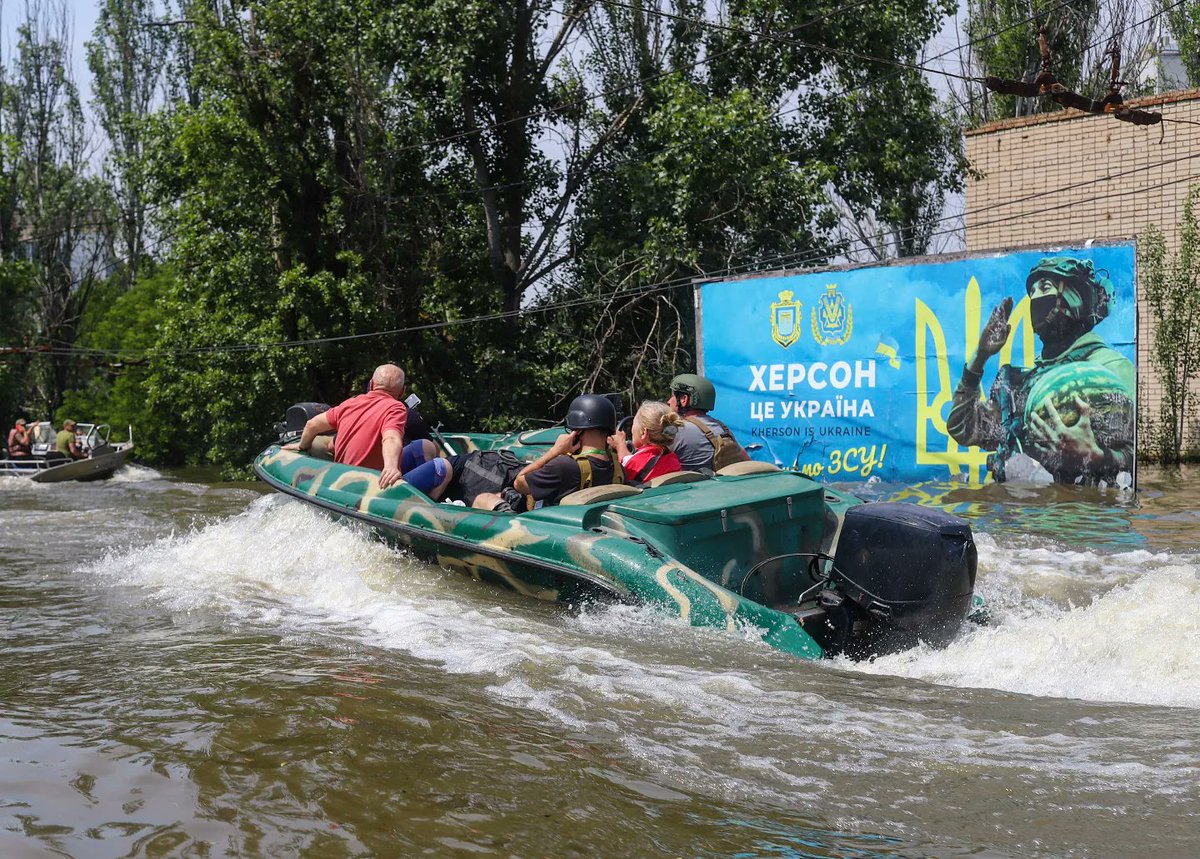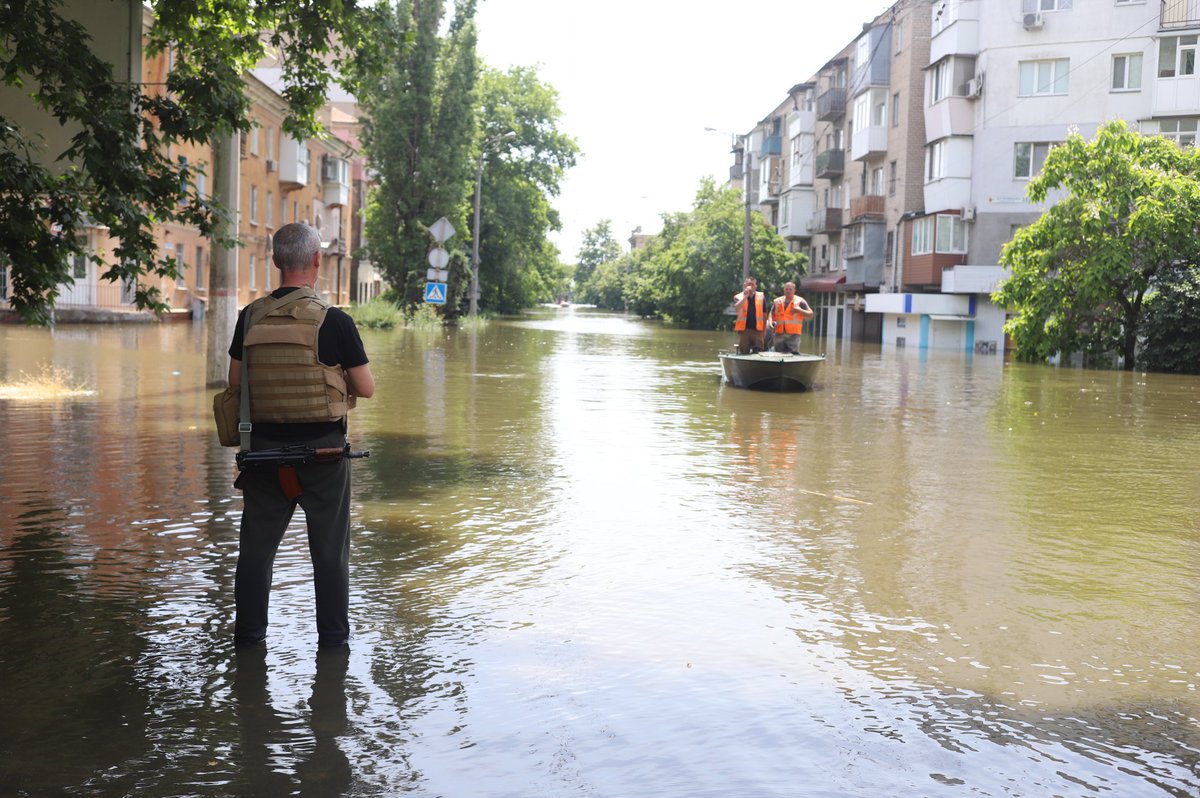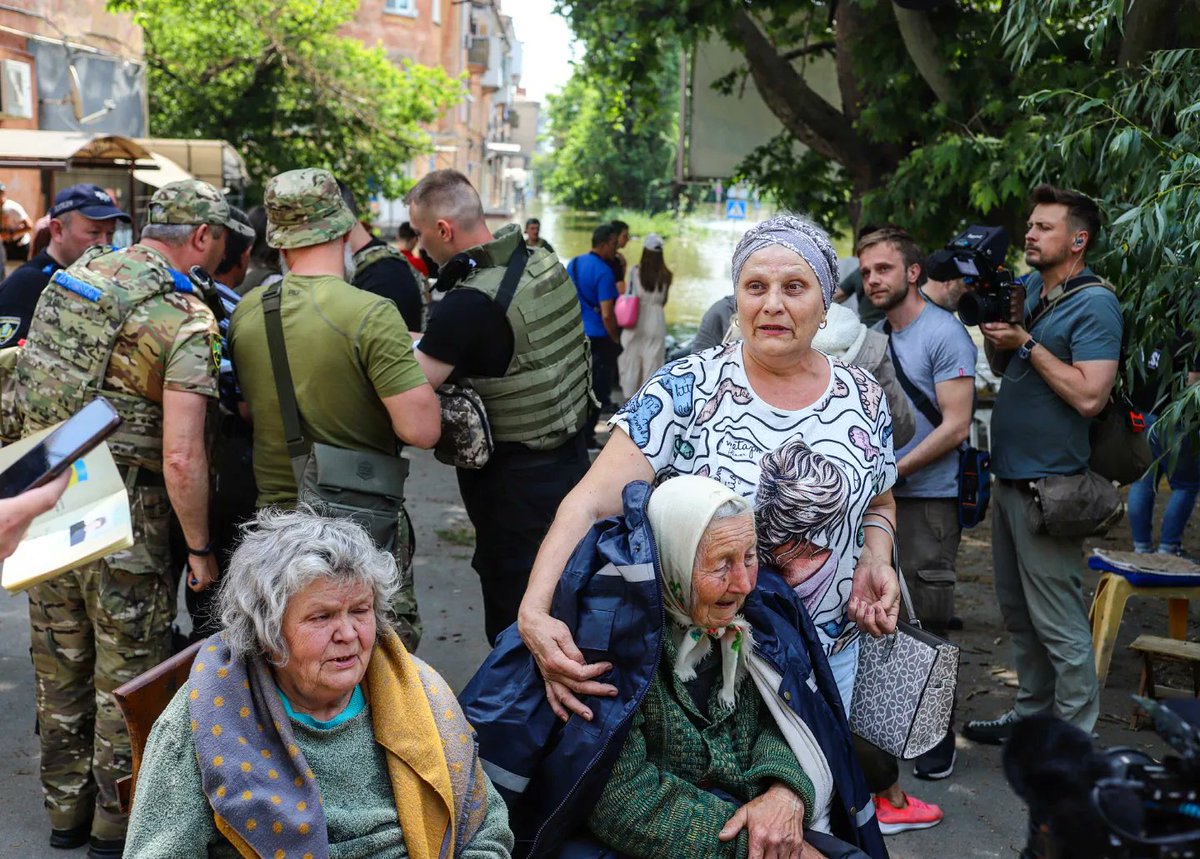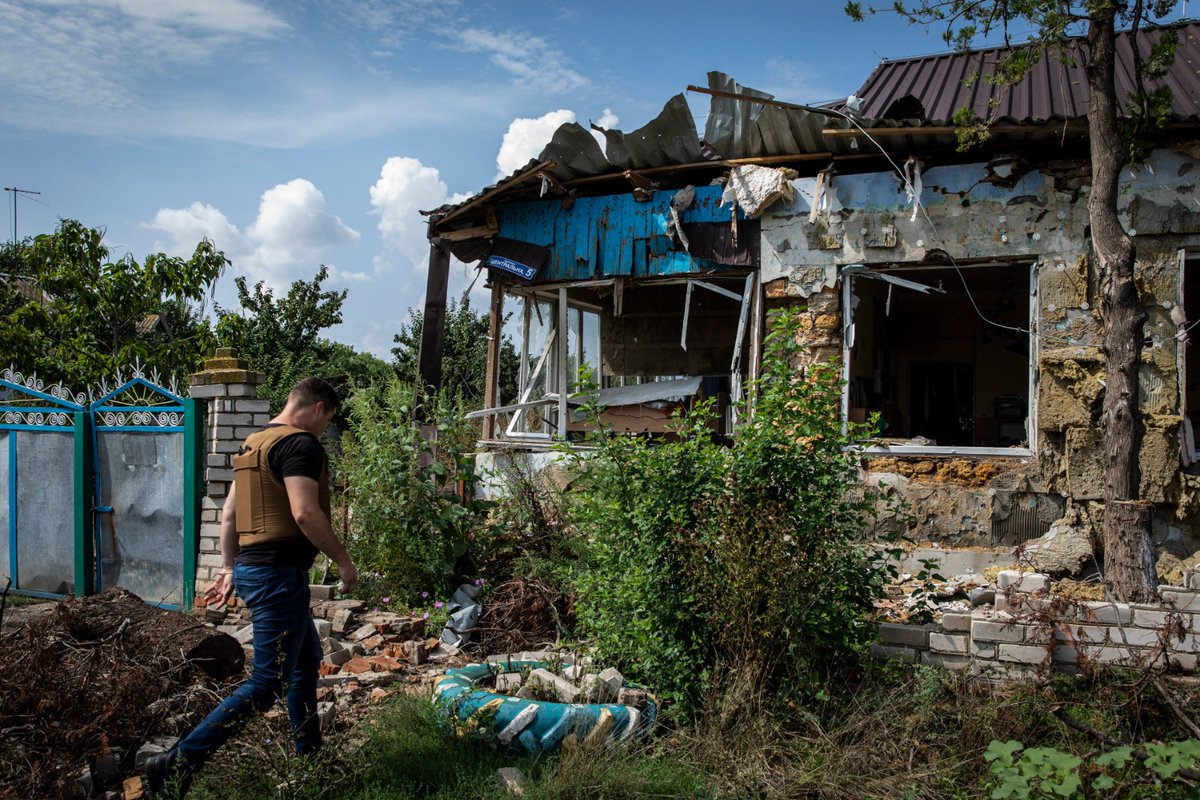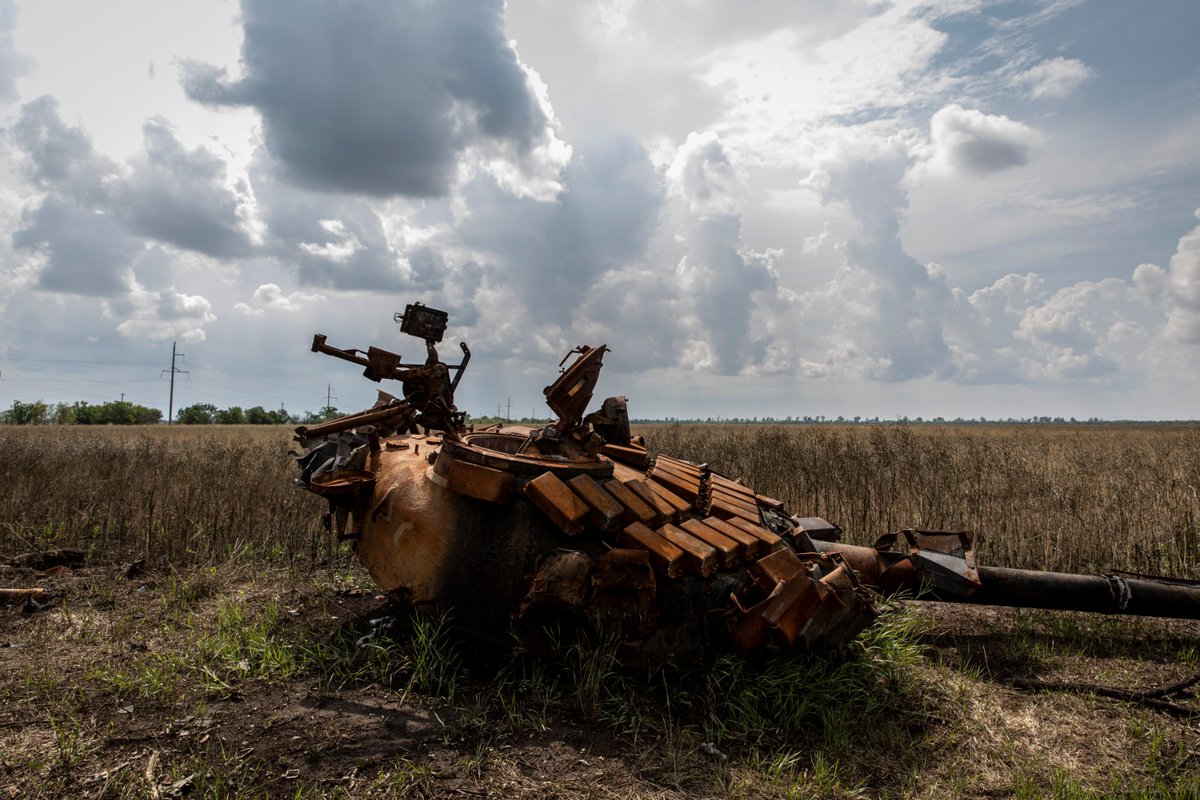🧵 1)/15 THE BOOK I WAS BANNED FROM RUSSIA FOR WRITING
I’m DELIGHTED to announce that my book, the first history of the Russian full-scale invasion of Ukraine, ‘The Dogs of Mariupol’, will be published next week by @BitebackPub . It’s already been called ‘an extraordinary read… superbly crafted by Paul Conroy @reflextv and ‘what the war in Ukraine is really like’ by Shaun Pinner @olddog100ua
It features first hand reporting from every major frontline from Kursk to Kherson, as well as exclusive access to the corridors of power in Kyiv and exclusive lines from President Zelensky.
It has been a project of sweat, guts, tears and blood that I can’t wait to share it with you.
Read on for a sneak peek from inside…
I’m DELIGHTED to announce that my book, the first history of the Russian full-scale invasion of Ukraine, ‘The Dogs of Mariupol’, will be published next week by @BitebackPub . It’s already been called ‘an extraordinary read… superbly crafted by Paul Conroy @reflextv and ‘what the war in Ukraine is really like’ by Shaun Pinner @olddog100ua
It features first hand reporting from every major frontline from Kursk to Kherson, as well as exclusive access to the corridors of power in Kyiv and exclusive lines from President Zelensky.
It has been a project of sweat, guts, tears and blood that I can’t wait to share it with you.
Read on for a sneak peek from inside…
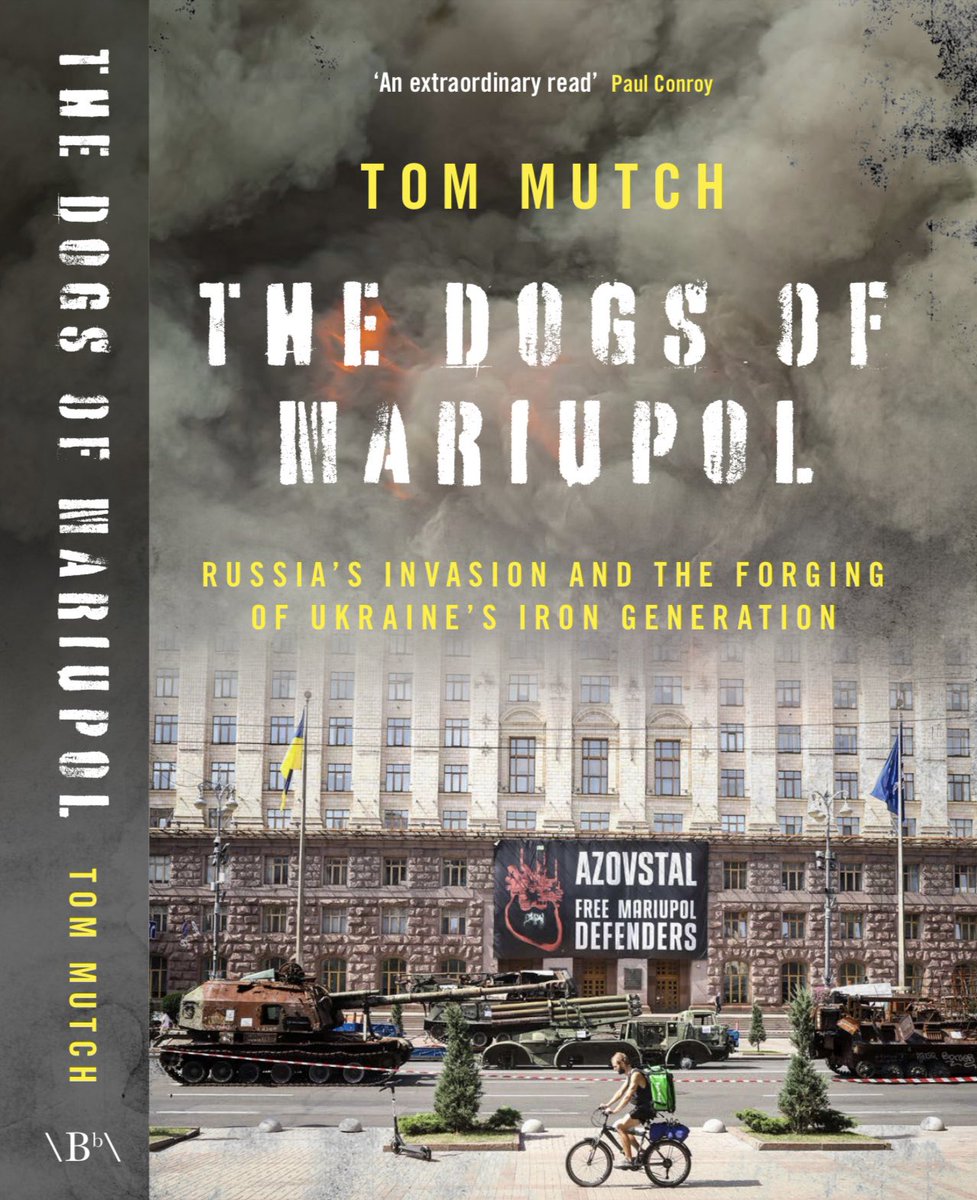
2) PROLOGUE, RUSKIY MIR- You’ve never heard of ‘Novopetrivka’, the tiny town in Kherson Oblast where The Dogs of Mariupol opens. It was one of the innumerable settlements that suffered destruction, murder and torture from Russian occupation. It was here that I first understood the term ‘Ruskiy Mir’. It literally means ‘Russian world’ or ‘Russian peace’, but has become a shorthand in Ukraine for the horrors of invasion and occupation.

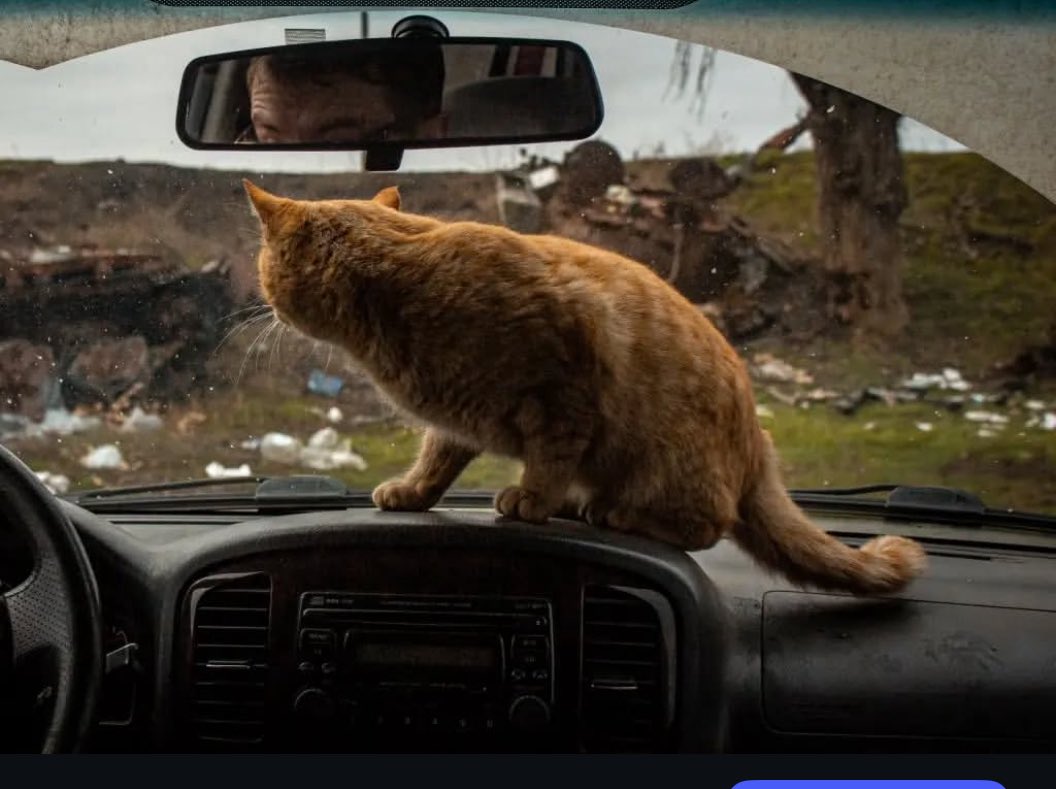
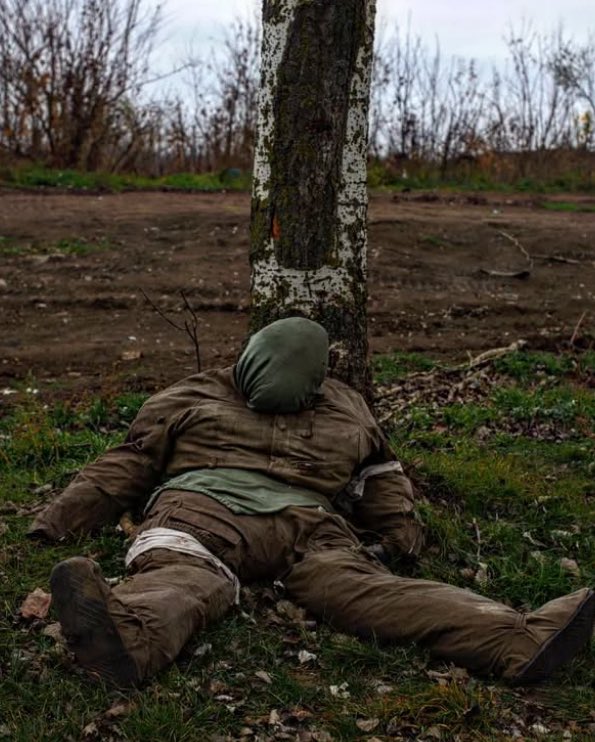
3) CHAPTER ONE, THE DOGS OF WAR, begins on the fields of Pobuz’ke, where Ukraine’s former Soviet arsenal of nuclear armed missiles lie useless in a field while a genocidal war wages in the east. It asks- how did we get here?
It explores Ukraine’s fascinating history, the roots of Russian aggression. It uses the words of Ukrainian activists such as Julia Tymoshenko, Ilia Ponomarenko and Mustafa Nayyem to explain the development of Ukrainian political consciousness after Maidan and the first Russian invasion in Crimea and the Donbas in 2014.
It covers the and the buildup to the invasion based on my visits to Kyiv and Mariupol- where I met the dogs who are the title of the war.

It explores Ukraine’s fascinating history, the roots of Russian aggression. It uses the words of Ukrainian activists such as Julia Tymoshenko, Ilia Ponomarenko and Mustafa Nayyem to explain the development of Ukrainian political consciousness after Maidan and the first Russian invasion in Crimea and the Donbas in 2014.
It covers the and the buildup to the invasion based on my visits to Kyiv and Mariupol- where I met the dogs who are the title of the war.
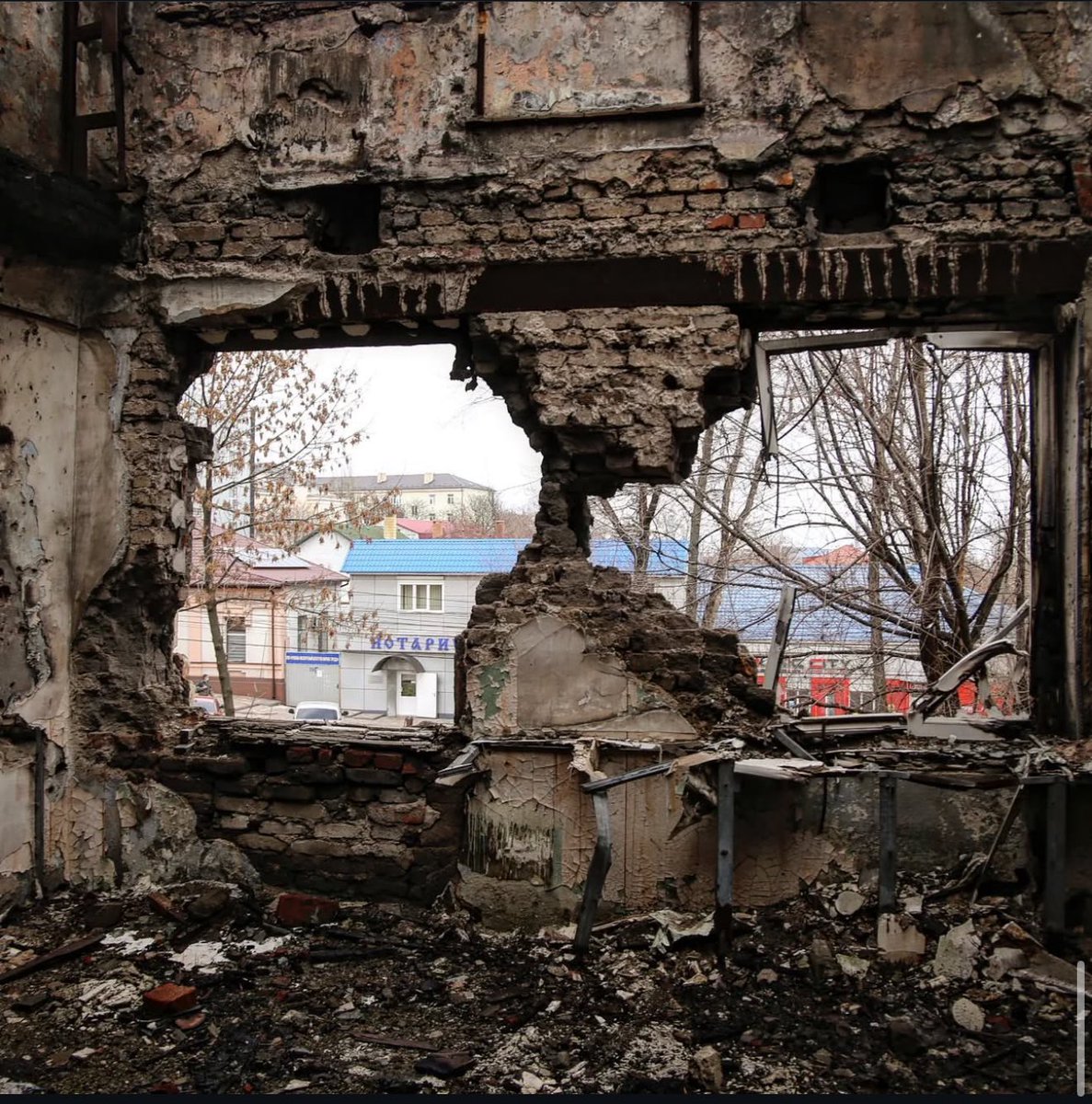

4) CHAPTER TWO, CRY HAVOC, is where the action begins when I woke up in Kyiv to the sounds of missiles and gunfire on February 24, 2022. My friend Anastasia tells her story of watching helicopters flying over her home in Bucha, and her fight to flee the city.
This chapter about the invasion of Northern Ukraine features exclusive interivews with @KofmanMichael about why the Russian blitzkrieg failed and Kyiv Mayor @Klitschko about his visits to the frontlines and how Kyiv’s ordinary citizens rallied to the city’s defence.
I also explore the battles of Chernihiv and Sumy, crucial pieces of the defence of Ukraine that have been overlooked but are just as crucial to Ukraine’s victory. We end in Bucha and Irpin, where the Russian atrocities during occupation were exposed.

This chapter about the invasion of Northern Ukraine features exclusive interivews with @KofmanMichael about why the Russian blitzkrieg failed and Kyiv Mayor @Klitschko about his visits to the frontlines and how Kyiv’s ordinary citizens rallied to the city’s defence.
I also explore the battles of Chernihiv and Sumy, crucial pieces of the defence of Ukraine that have been overlooked but are just as crucial to Ukraine’s victory. We end in Bucha and Irpin, where the Russian atrocities during occupation were exposed.
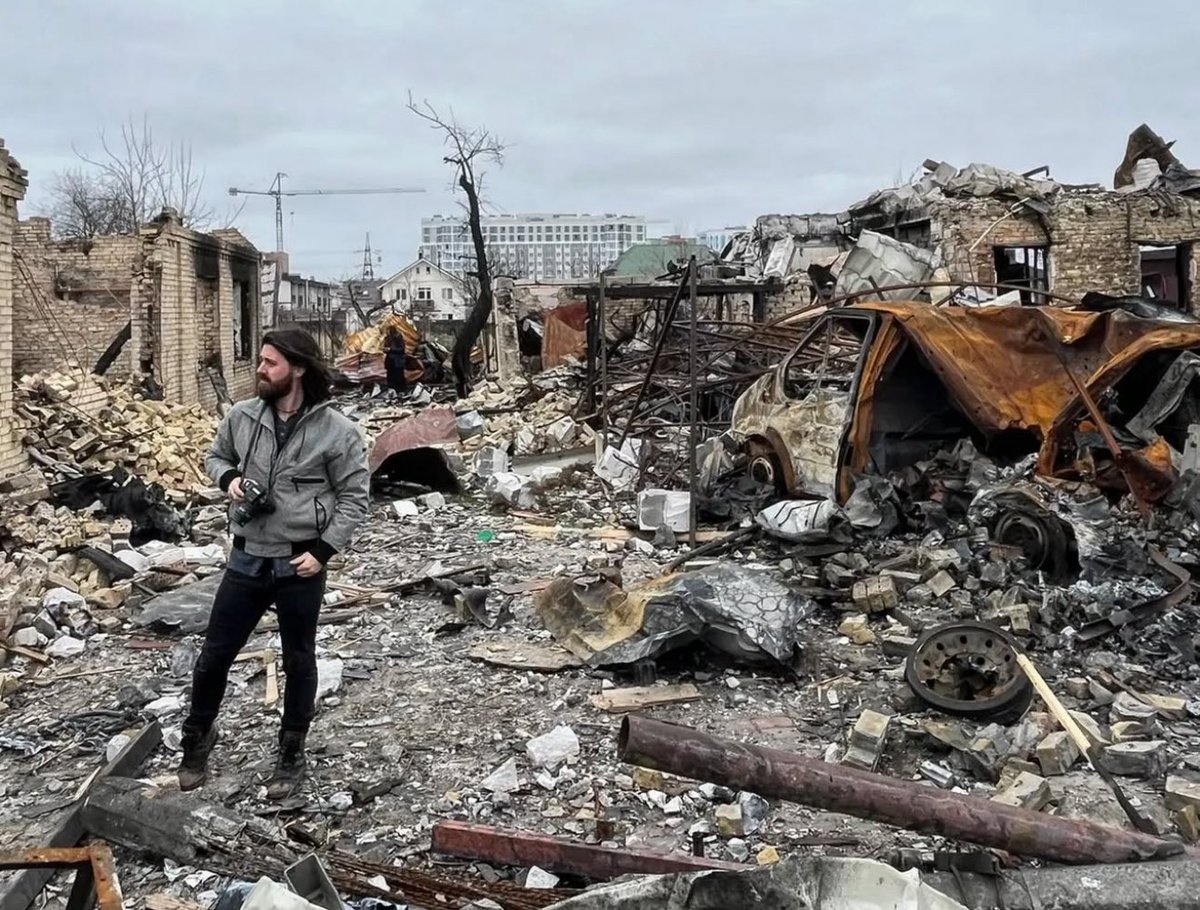
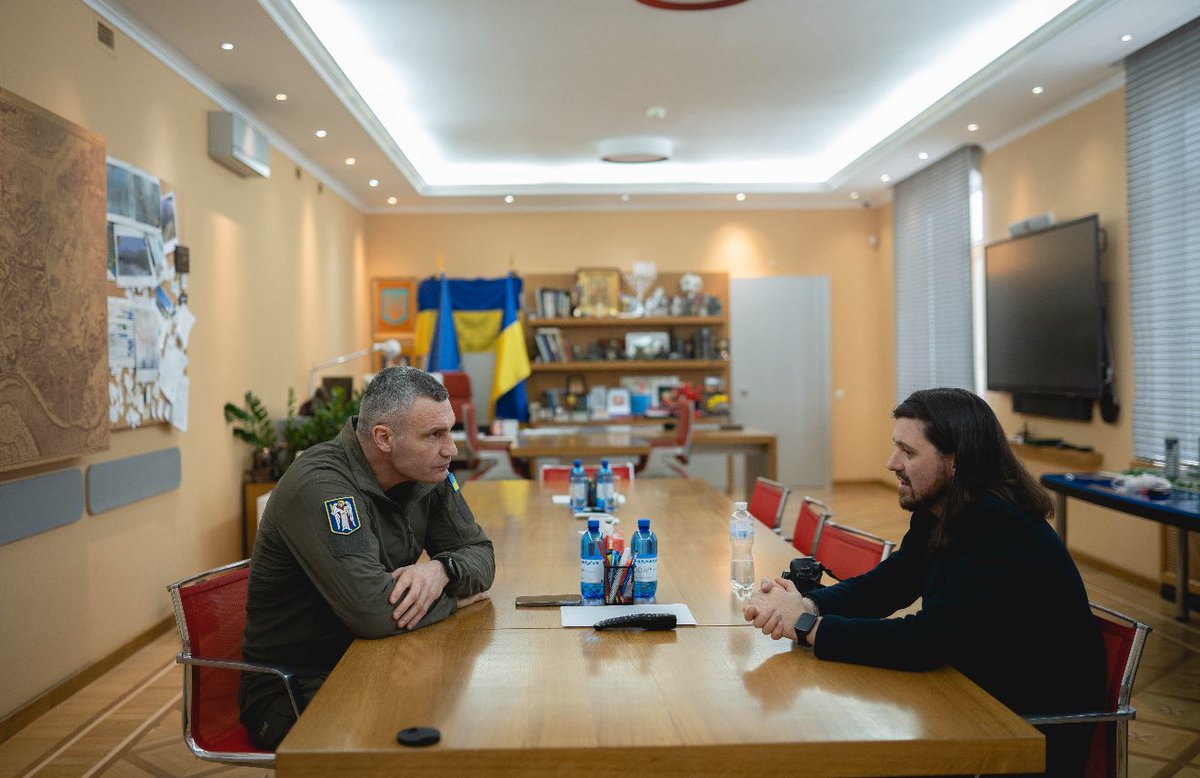
5) CHAPTER THREE, THE EMPIRE STRIKES BACK, follows the far more successful Russian campaign in Ukraine’s south and east, focusing on the legendary siege of Mariupol, the last stand at Azovstal, and the first battle of Donbas.
We start watching the flames consume a Ukrainian artillery piece and its gunners on the ‘road of death’ to the city of Lysychansk in Luhansk. I speak with Ukrainian and foreign Mariupol defenders, and uncovered the diary of Helga Ignatieva, a Mariupol native who spent her own horrifying twenty days in Mariupol where she saw neighbours, friends and family killed.
I also introduce the ‘Iron Generation’, the extraordinarily talented young Ukrainians who picked up arms and sacrificed everything to defend their country
I met a unit like this on the frontlines near Izium, being led by professional sniper turned Ukrainian Cabinet Minister Oksen Lisovyi

We start watching the flames consume a Ukrainian artillery piece and its gunners on the ‘road of death’ to the city of Lysychansk in Luhansk. I speak with Ukrainian and foreign Mariupol defenders, and uncovered the diary of Helga Ignatieva, a Mariupol native who spent her own horrifying twenty days in Mariupol where she saw neighbours, friends and family killed.
I also introduce the ‘Iron Generation’, the extraordinarily talented young Ukrainians who picked up arms and sacrificed everything to defend their country
I met a unit like this on the frontlines near Izium, being led by professional sniper turned Ukrainian Cabinet Minister Oksen Lisovyi
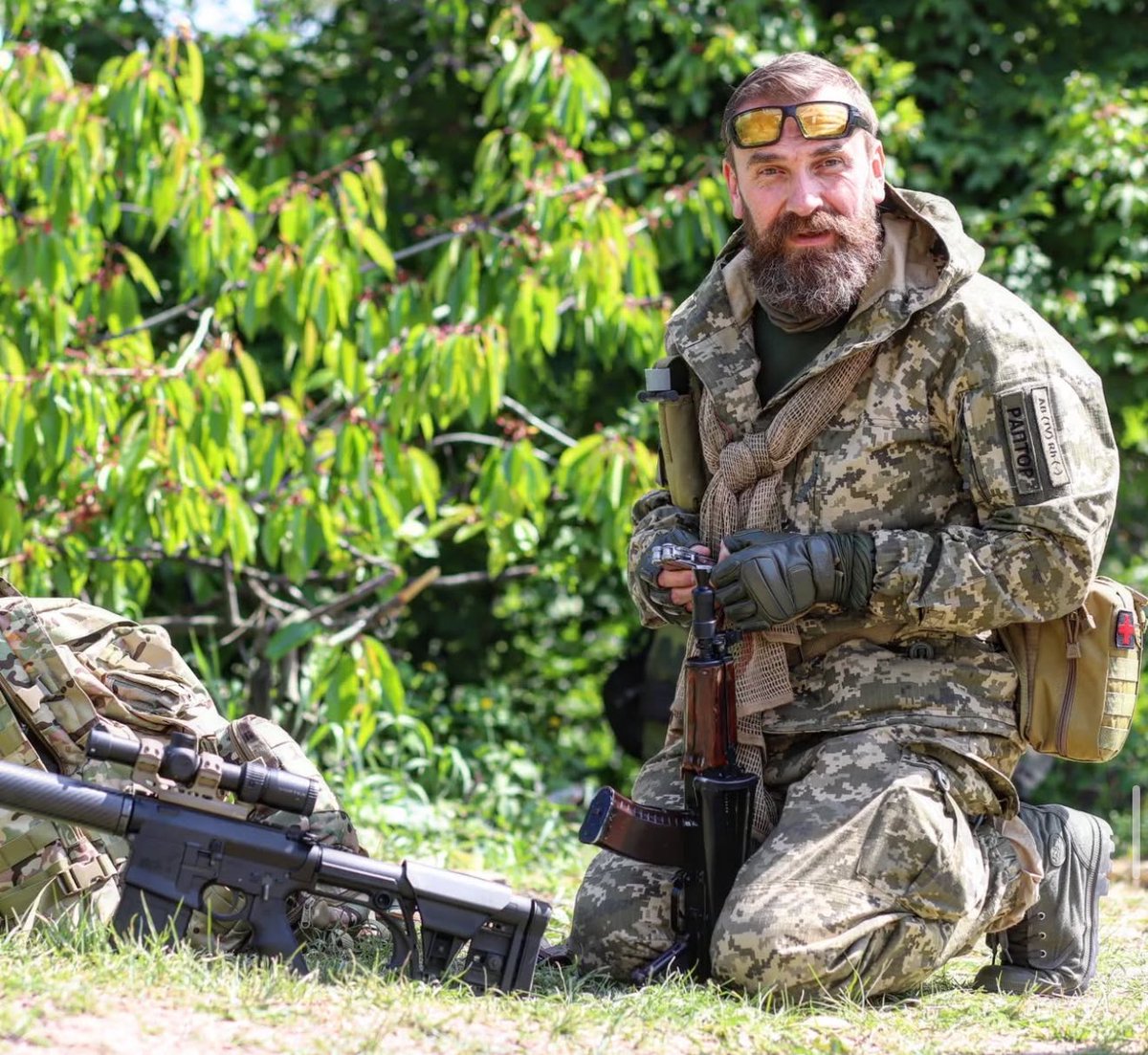

4) CHAPTER TWO, CRY HAVOC, is where the action begins when I woke up in Kyiv to the sounds of missiles and gunfire on February 24, 2022. My friend Anastasia tells her story of watching helicopters flying over her home in Bucha, and her fight to flee the city.
This chapter about the invasion of Northern Ukraine features exclusive interivews with @KofmanMichael about why the Russian blitzkrieg failed and Kyiv Mayor @Klitschko about his visits to the frontlines and how Kyiv’s ordinary citizens rallied to the city’s defence.
I also explore the battles of Chernihiv and Sumy, crucial pieces of the defence of Ukraine that have been overlooked but are just as crucial to Ukraine’s victory. We end in Bucha and Irpin, where the Russian atrocities during occupation were exposed.

This chapter about the invasion of Northern Ukraine features exclusive interivews with @KofmanMichael about why the Russian blitzkrieg failed and Kyiv Mayor @Klitschko about his visits to the frontlines and how Kyiv’s ordinary citizens rallied to the city’s defence.
I also explore the battles of Chernihiv and Sumy, crucial pieces of the defence of Ukraine that have been overlooked but are just as crucial to Ukraine’s victory. We end in Bucha and Irpin, where the Russian atrocities during occupation were exposed.
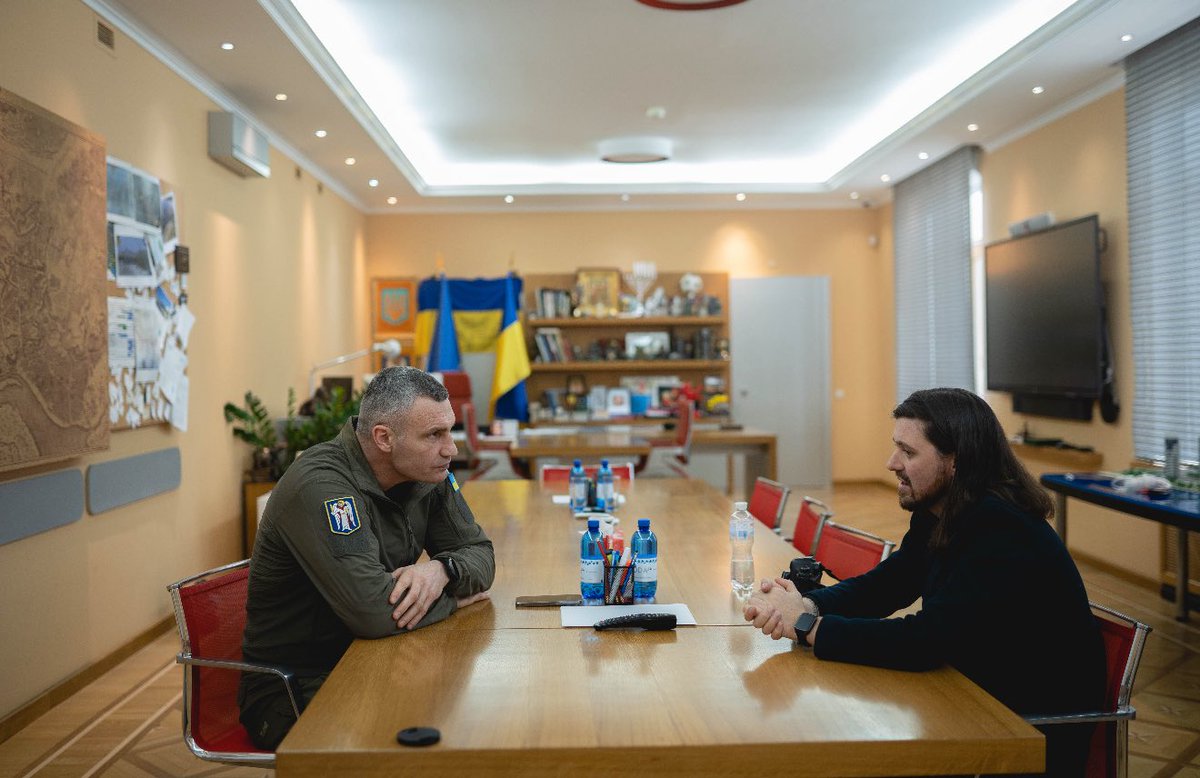
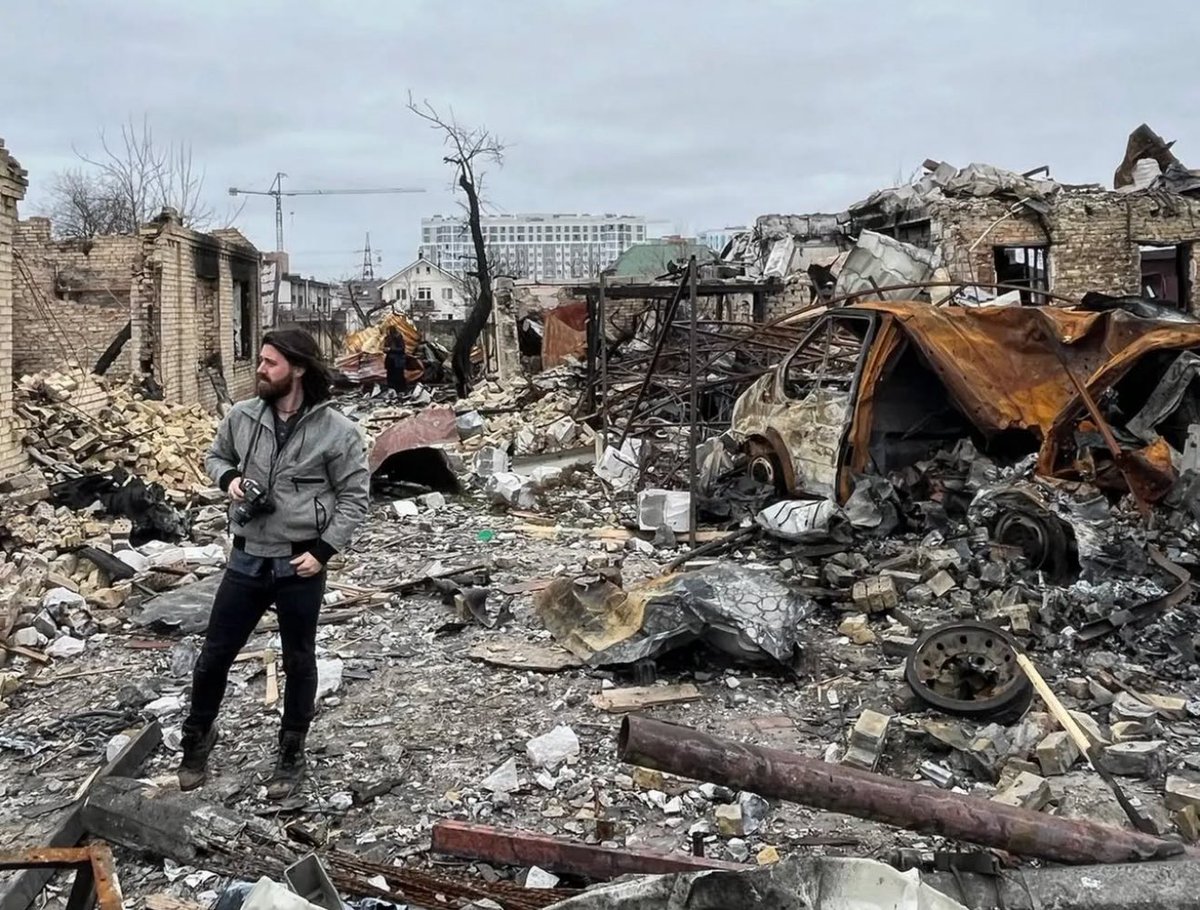
5) CHAPTER THREE, THE EMPIRE STRIKES BACK, follows the far more successful Russian campaign in Ukraine’s south and east, focusing on the legendary siege of Mariupol, the last stand at Azovstal, and the first battle of Donbas.
We start watching the flames consume a Ukrainian artillery piece and its gunners on the ‘road of death’ to the city of Lysychansk in Luhansk. I speak with Ukrainian and foreign Mariupol defenders, and uncovered the diary of Helga Ignatieva, a Mariupol native who spent her own horrifying twenty days in Mariupol where she saw neighbours, friends and family killed.
I also introduce the ‘Iron Generation’, the extraordinarily talented young Ukrainians who picked up arms and sacrificed everything to defend their country. The unit I was overnight with outside Izium was led by @oksenlisovyi then sniper, now Ukrainian Minister of Education.

We start watching the flames consume a Ukrainian artillery piece and its gunners on the ‘road of death’ to the city of Lysychansk in Luhansk. I speak with Ukrainian and foreign Mariupol defenders, and uncovered the diary of Helga Ignatieva, a Mariupol native who spent her own horrifying twenty days in Mariupol where she saw neighbours, friends and family killed.
I also introduce the ‘Iron Generation’, the extraordinarily talented young Ukrainians who picked up arms and sacrificed everything to defend their country. The unit I was overnight with outside Izium was led by @oksenlisovyi then sniper, now Ukrainian Minister of Education.
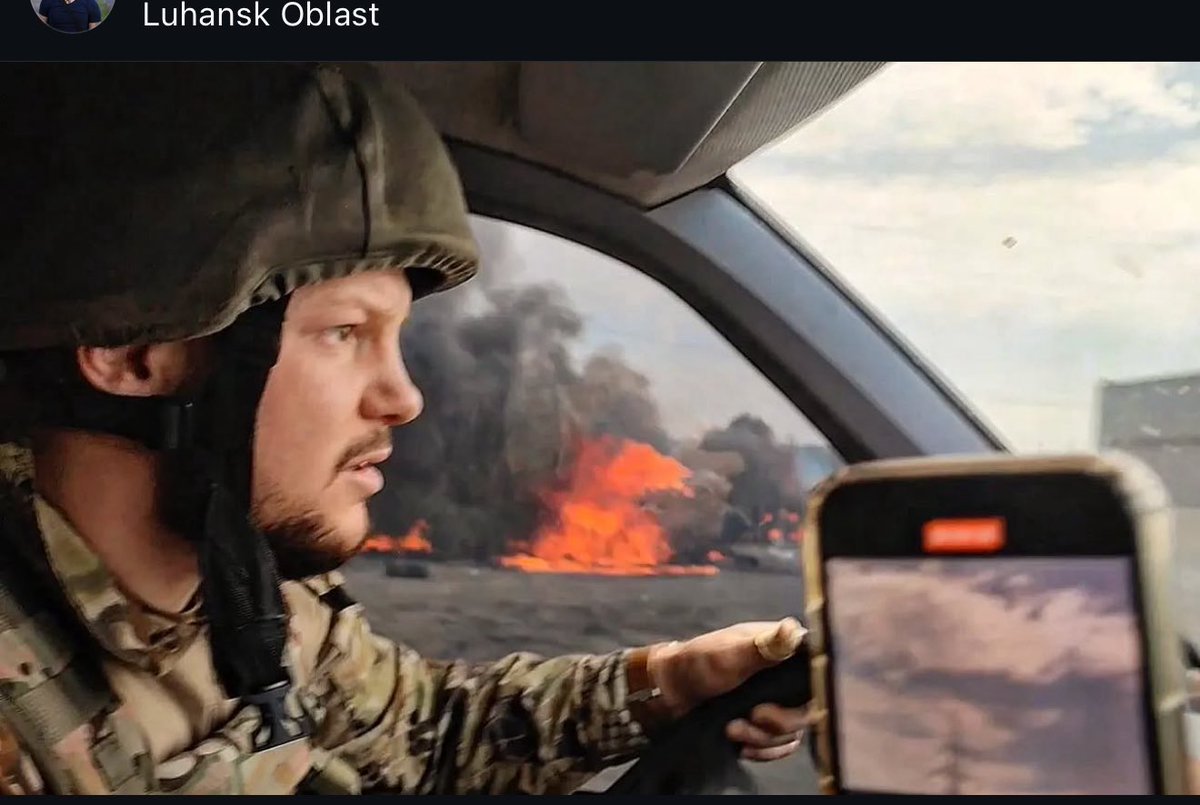
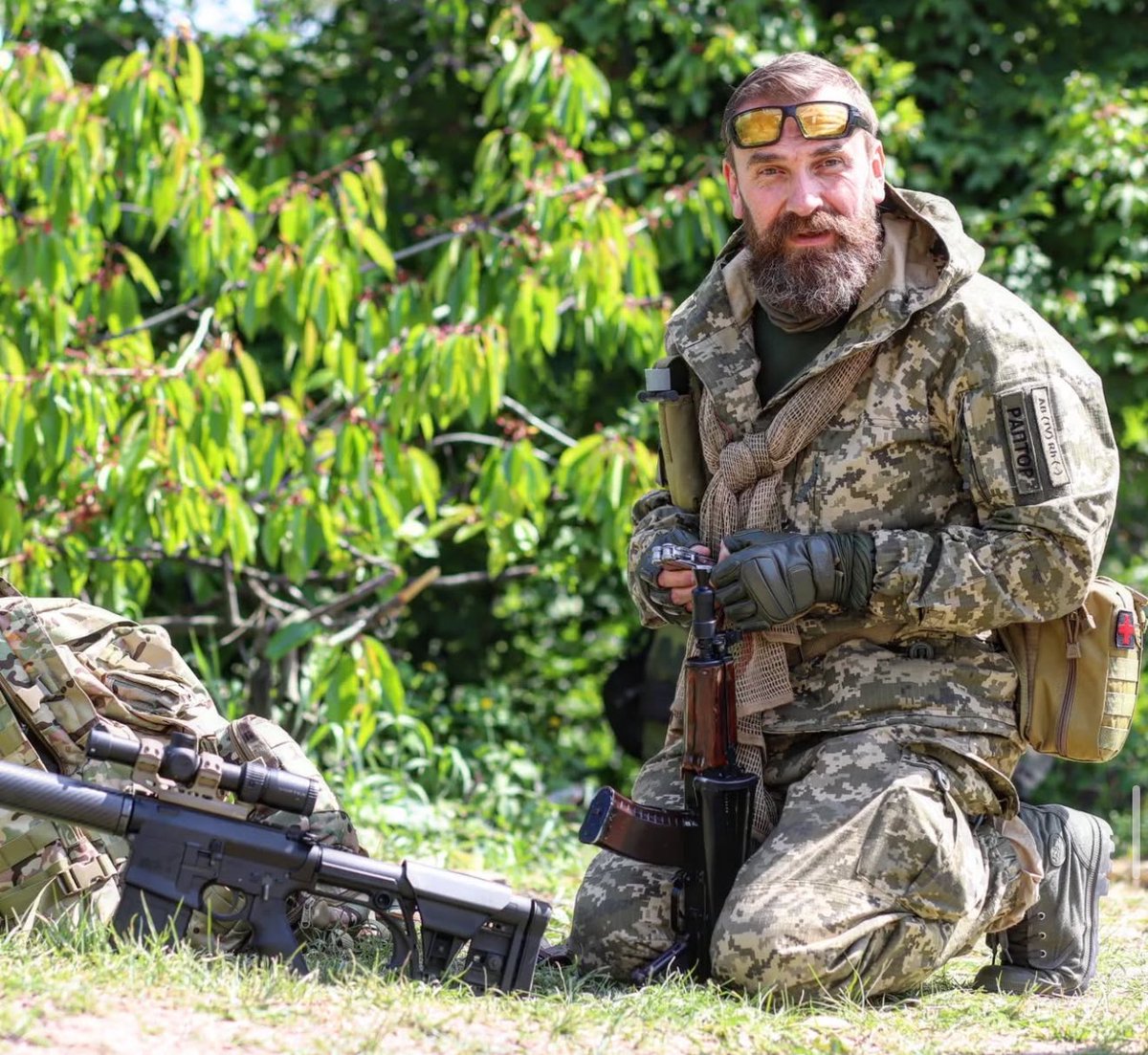
6) CHAPTER FOUR: HERO CITY- No city in Ukraine has captured my heart like Kharkiv, and no place is more synonymous with Russian failures. Kharkiv was bombed relentlessly, nearly surrounded and expected to fall within days. Instead it became the location for Ukraine’s greatest triumphs of the war.
I spoke with countless Kharkiv defenders, including Kharkiv mayor Ihor Terekhov, and embedded several times in the frontlines near Kupyansk and Rohan, to tell the story of Kharkiv’s defence, and the incredible Ukrainian counteroffensive of 2022.
I also look at how ordinary citizens, such as The Passengers, who lived in the Metro stations for months during bombardment, survived.

I spoke with countless Kharkiv defenders, including Kharkiv mayor Ihor Terekhov, and embedded several times in the frontlines near Kupyansk and Rohan, to tell the story of Kharkiv’s defence, and the incredible Ukrainian counteroffensive of 2022.
I also look at how ordinary citizens, such as The Passengers, who lived in the Metro stations for months during bombardment, survived.
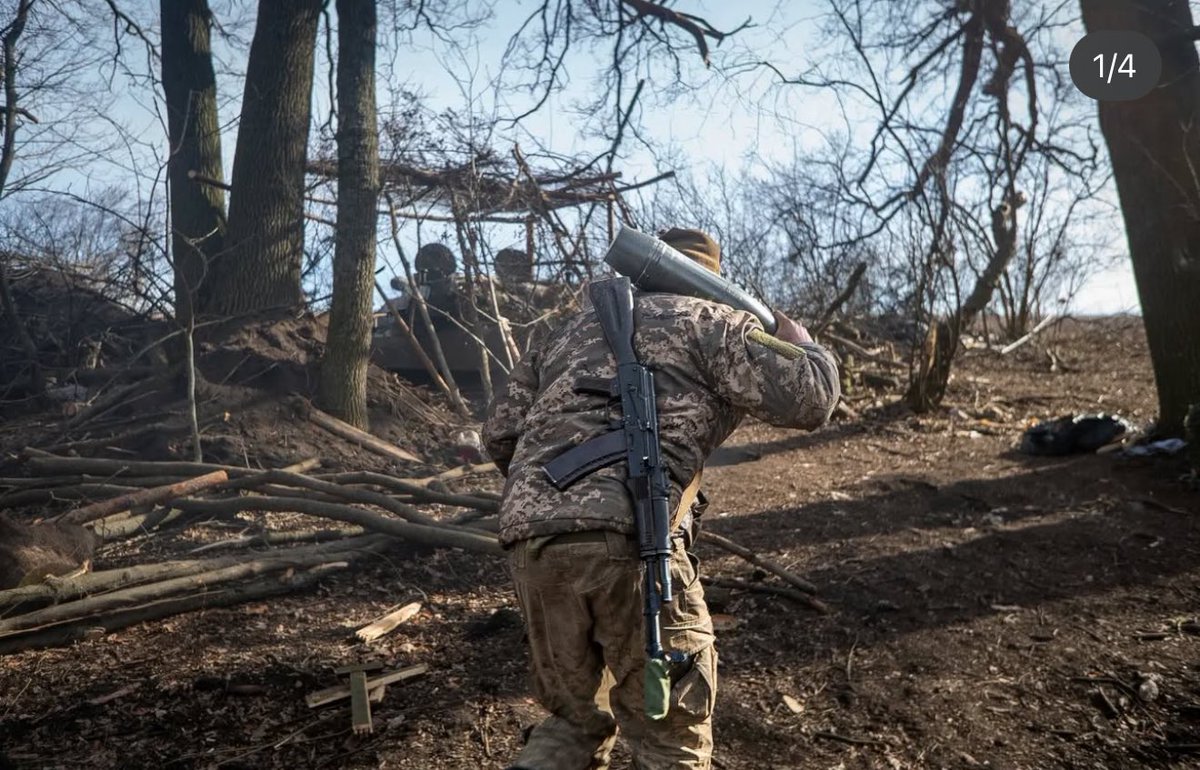
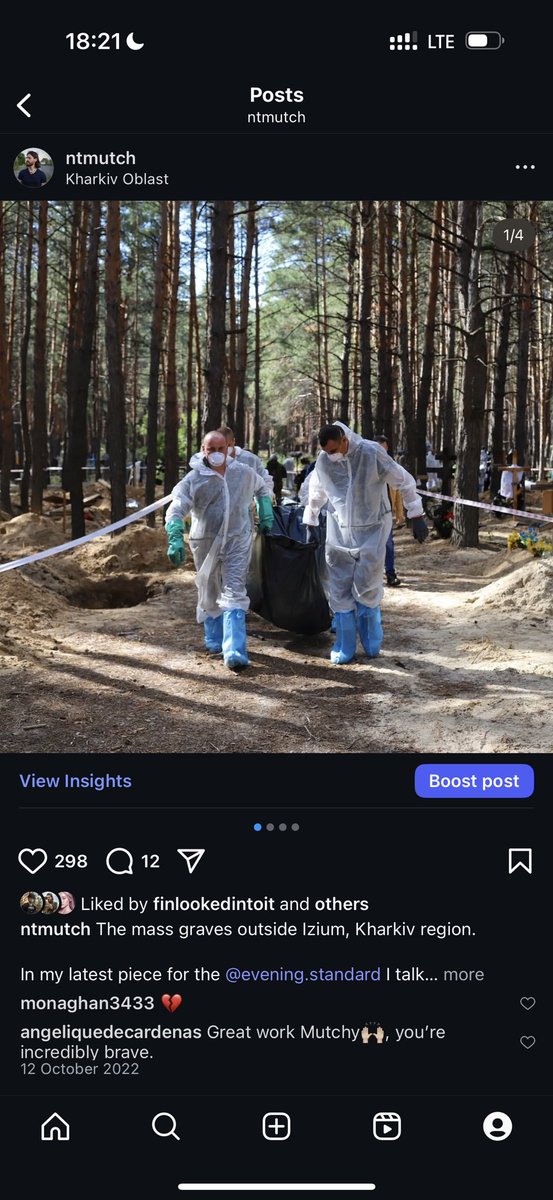
6) CHAPTER FOUR: HERO CITY- No city in Ukraine has captured my heart like Kharkiv, and no place is more synonymous with Russian failures. Kharkiv was bombed relentlessly, nearly surrounded and expected to fall within days. Instead it became the location for Ukraine’s greatest triumphs of the war.
I spoke with countless Kharkiv defenders, including Kharkiv mayor Ihor Terekhov, and embedded several times in the frontlines near Kupyansk and Rohan, to tell the story of Kharkiv’s defence, and the incredible Ukrainian counteroffensive of 2022.
I also look at how ordinary citizens, such as The Passengers, who lived in the Metro stations for months during bombardment, survived.

I spoke with countless Kharkiv defenders, including Kharkiv mayor Ihor Terekhov, and embedded several times in the frontlines near Kupyansk and Rohan, to tell the story of Kharkiv’s defence, and the incredible Ukrainian counteroffensive of 2022.
I also look at how ordinary citizens, such as The Passengers, who lived in the Metro stations for months during bombardment, survived.
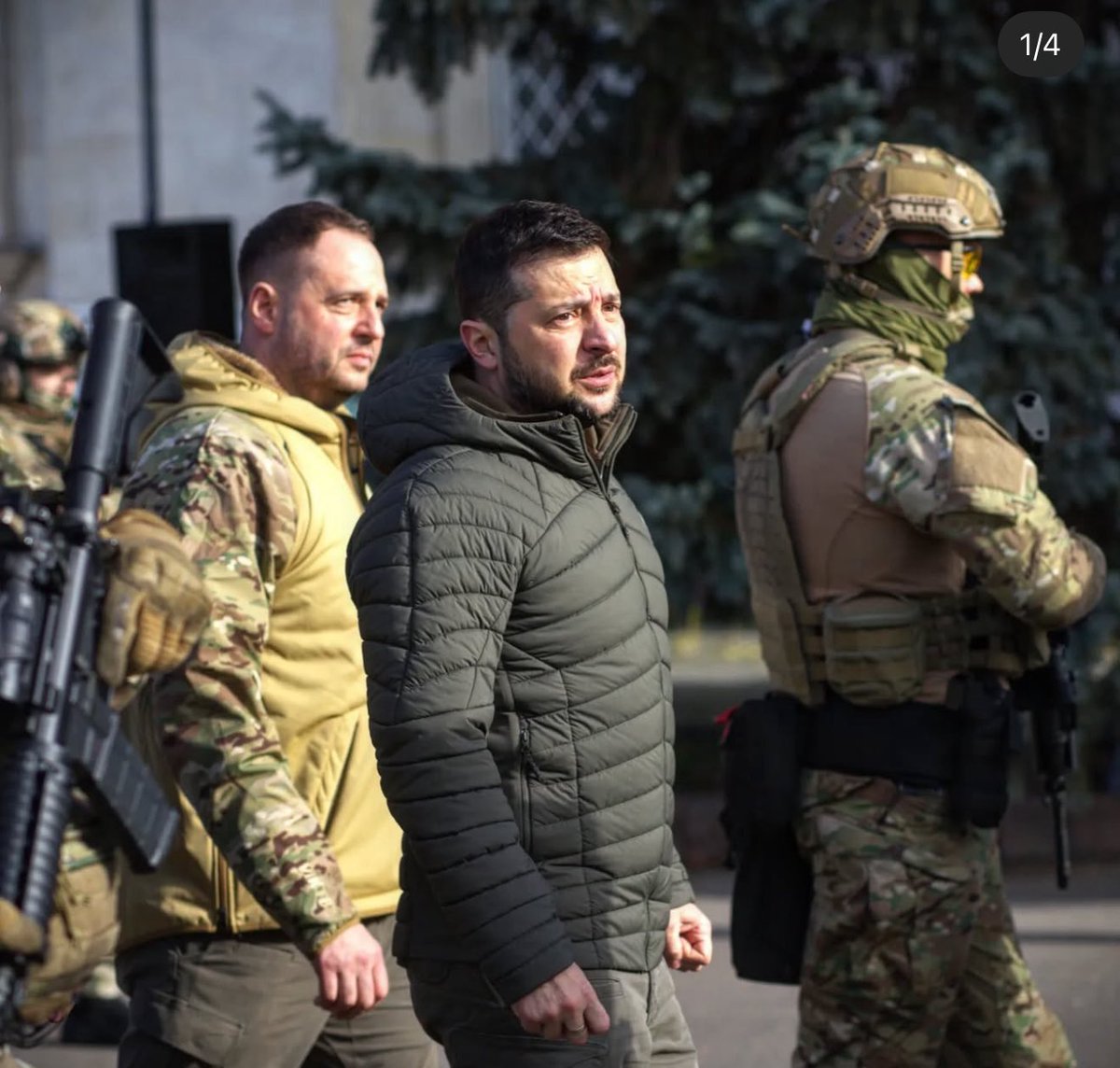
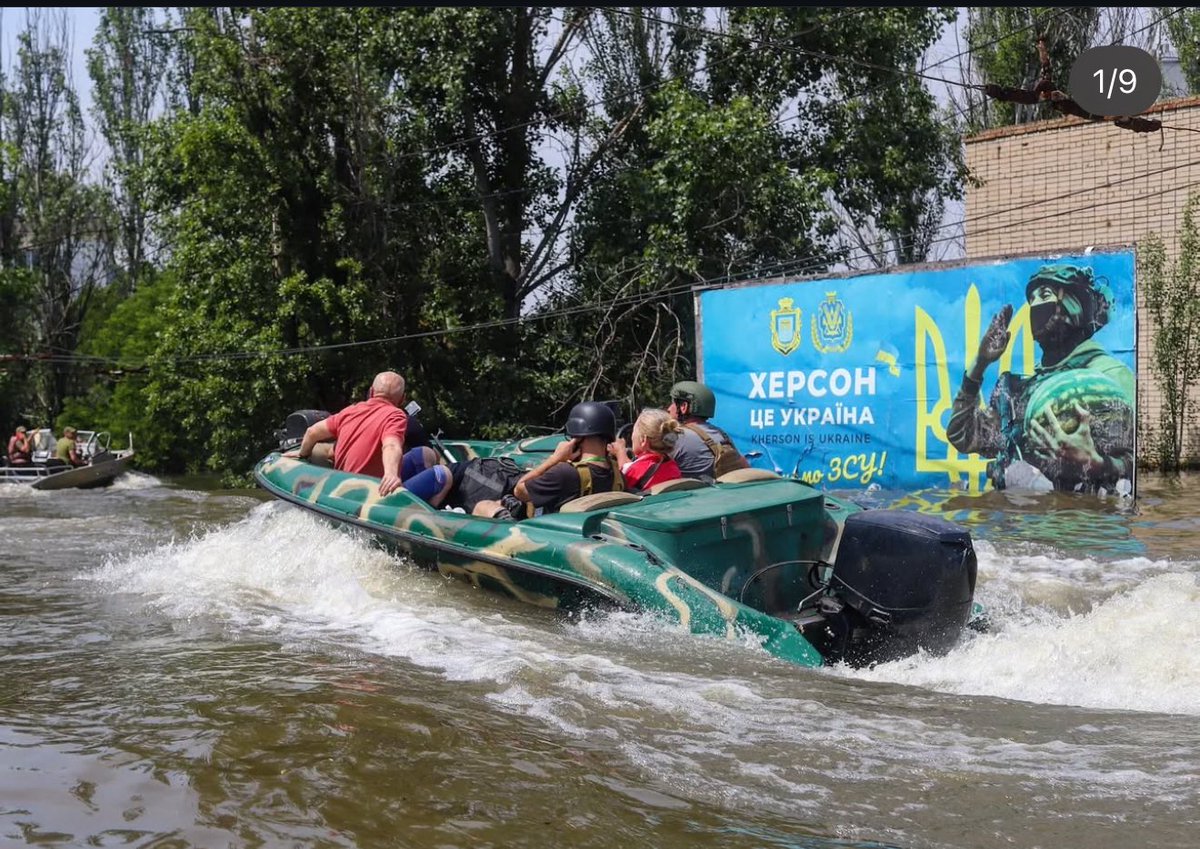
• • •
Missing some Tweet in this thread? You can try to
force a refresh


